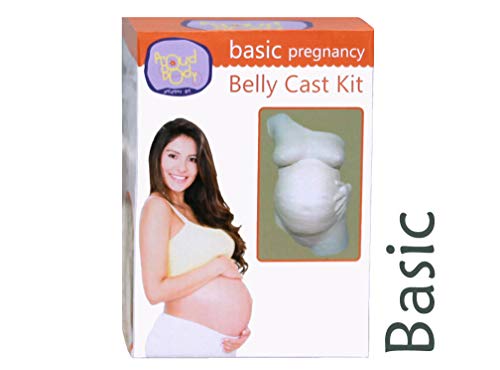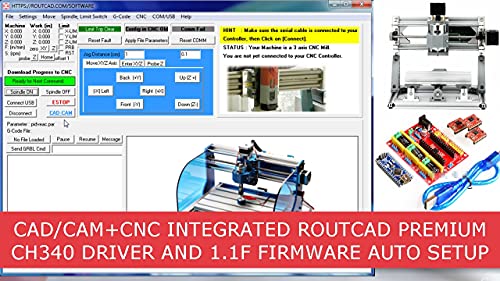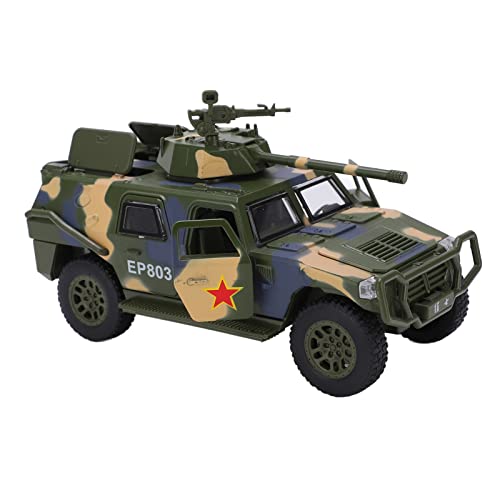blockmanjohn
Well-Known Member
- Joined
- Apr 24, 2016
- Messages
- 136
- Reaction score
- 6
Hi, I have been trying to tap some holes 6-32 in a cast iron casting. I'm using the #36 drill which is supposed to leave a 75% thread. As soon as the taper tap reaches the full thread form the tap will go no further. It is like it bottomed out on a blind hole. I know if I pushed it, the tap would break.
I switched to a scrap 3/8 inch piece of cast iron and tried a #35 drill. Same thing. No go after the full thread was reached. The taps are HSS and brand new. I even tried some cutting oil but to no avail. I'm wondering how large a drill I can use and still have serviceable threads. The holes are for the main bearing caps on a 1/4 scale hit or miss engine.
Thanks, John.
I switched to a scrap 3/8 inch piece of cast iron and tried a #35 drill. Same thing. No go after the full thread was reached. The taps are HSS and brand new. I even tried some cutting oil but to no avail. I'm wondering how large a drill I can use and still have serviceable threads. The holes are for the main bearing caps on a 1/4 scale hit or miss engine.
Thanks, John.

































































